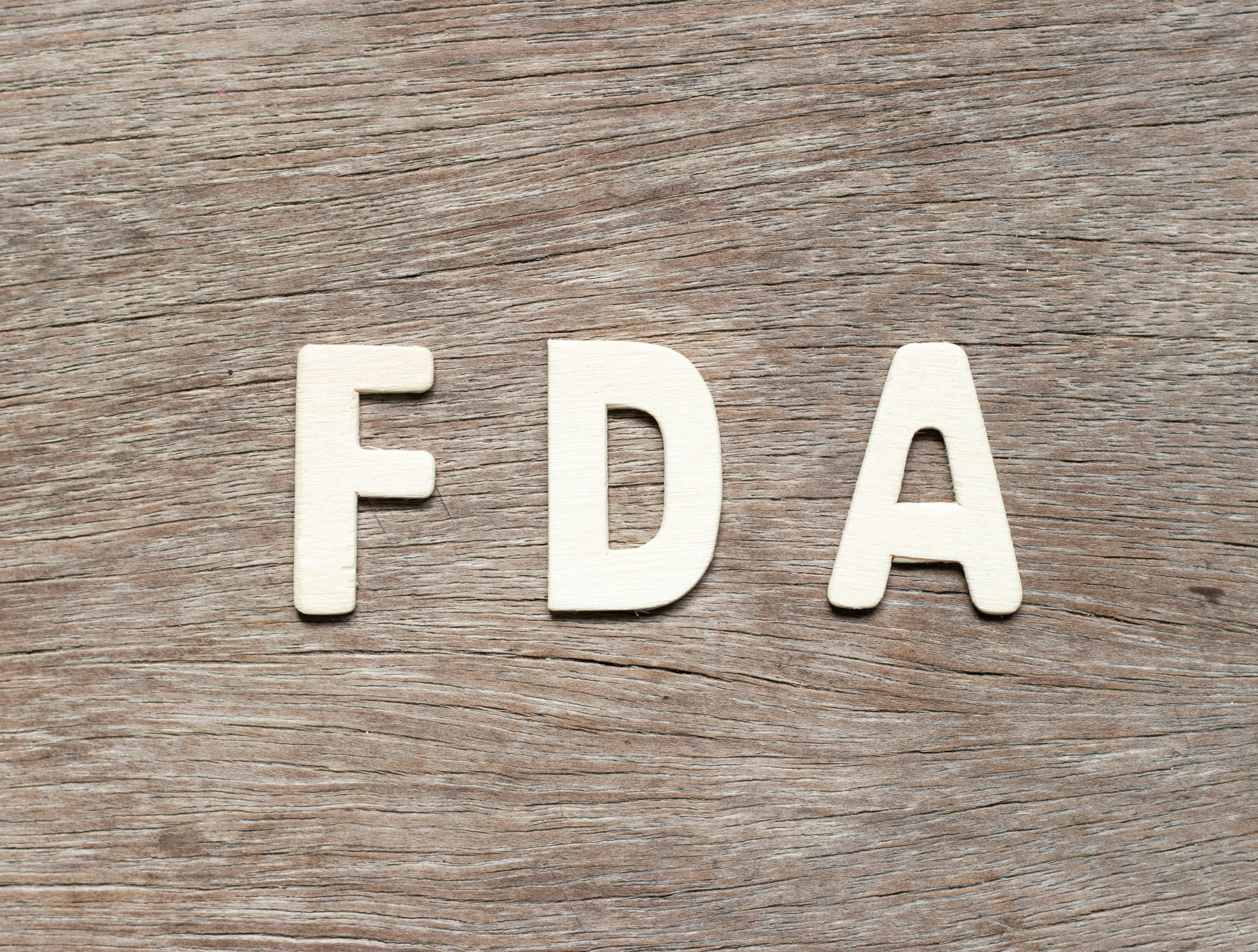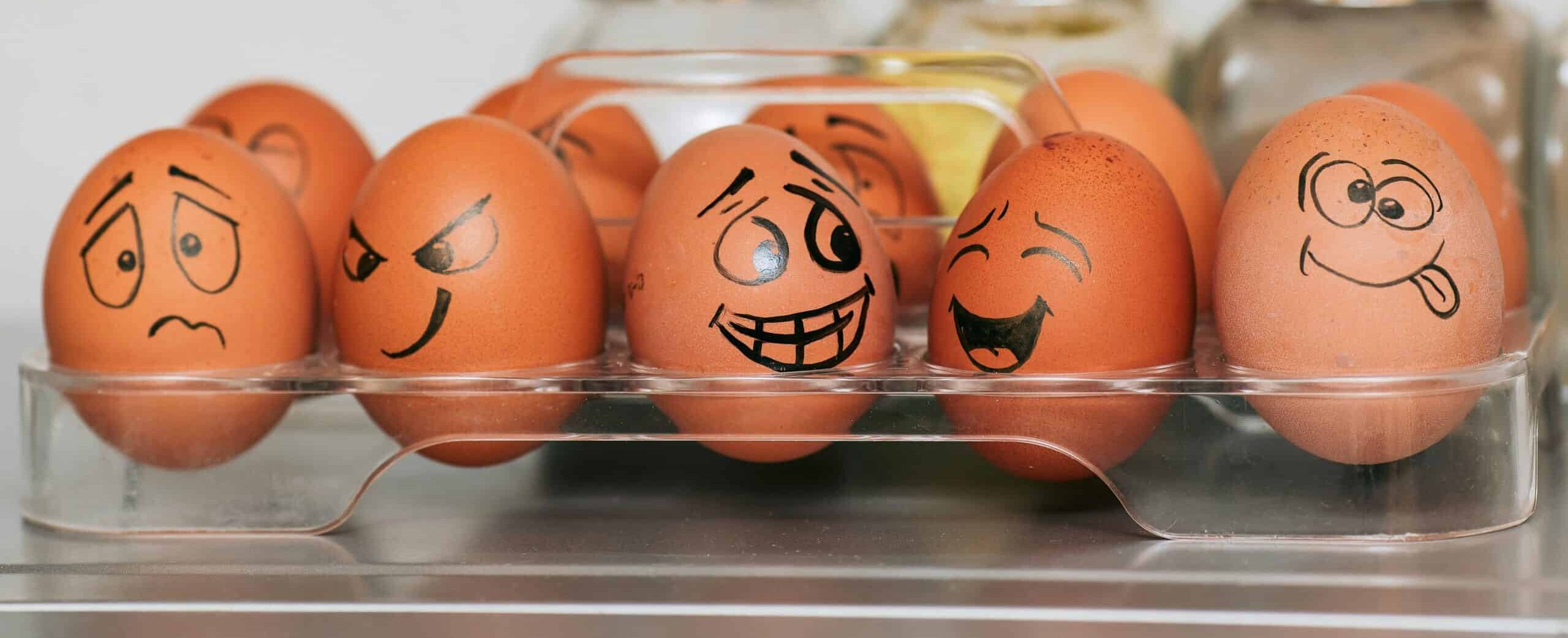You’ve likely heard before there is a strong connection between substance use and mental health issues. When a person struggles with substances and mental illness, it’s known as a dual diagnosis or co-occurring disorder. Each has value in the treatment process; further, one cannot be addressed without the other. Statistics vary, but there’s strong evidence that more than half of all people struggling with addiction also struggle with mental illness such as depression, anxiety, bipolar disorder, and schizophrenia, with depression being the most common. Depression and addiction are considered bi-lateral, meaning people who abuse substances are more likely to suffer from depression and vice versa. People who are depressed may drink or use drugs to lift their mood or escape from feelings associated with depression, even if this effect is temporary. Substances like alcohol, sedatives, tranquilizers, and hypnotics are all examples of depressants that increase the feelings of sadness or fatigue. Conversely, people can experience depression after the effects of drugs wear off or as they struggle to cope with how the addiction has impacted their life.
Signs of Depression
Many people experience depression during their lifetime. There may be specific instances, such as a significant loss, triggering depression for a period. For those who meet the criteria for a formal diagnosis of major depressive disorder, introducing alcohol or drugs compromises any treatment efforts to address the depression. Because drug use symptoms can imitate the symptoms of depression, it can be difficult to diagnose depression when a person is actively using. Depression can look different from person to person. Some may exhibit more classic-looking signs, such as low mood or motivation, while others may appear more irritable or angry. Depression can include:
- Trouble concentrating
- Lack of energy
- Lack of interest in activities
- Feelings of guilt, shame, despair
- Suicidal thoughts
- Changes in appetite
- Changes in sleep patterns
Signs of Substance Use Disorder
If you’re wondering if you have a substance use disorder, you can ask yourself the following questions. Always follow-up with a professional for further evaluation.
- Do you use drugs or alcohol in larger amounts than you anticipated?
- Have you unsuccessfully tried to cut back your use?
- Do you spend a lot of time using, obtaining, or recovering from drugs or alcohol?
- Do you experience cravings to use or drink?
- Does substance use interfere with work, school, or home life?
- Do you continue using even though the substance use causes problems in relationships?
- Do you use drugs or alcohol in situations where it is physically hazardous to do so?
- Over time, do you need more of the substance to create the desired effect?
Treatment for Addiction and Depression
Comprehensive treatment is available for both depression and substance use, and is usually the best course of action. Sometimes medication is used to address depressive symptoms. Research shows taking medication frequently is more effective when a person seeks counseling and behavioral support as well. Many people find intensive treatment such as inpatient or outpatient programming is necessary to learn healthy coping strategies for addiction and depression. Dual diagnosis can cope well with counseling, medical support, and peer support for addiction. Effective treatment programs commonly utilize group and individual counseling, pharmacotherapy, individualized treatment plan, family involvement, and follow-up support or aftercare to prevent relapse. People generate the greatest odds for long-term recovery when they treat both the depression and the substance use concurrently. If you have been diagnosed with depression, talk to your doctor about the risk of substance use. You may want to closely monitor your intake of alcohol and seek alternative coping strategies for stress and low mood. If you have an active substance use disorder or a history of substance use, it’s possible you have undiagnosed depression. Regularly communicating your mood and habits will assist in further needs for evaluation. Remember to take care of yourself and take notice of your symptoms.
Sources:
– https://www.ncbi.nlm.nih.gov/pmc/articles/PMC2851027/
– https://www.icsi.org/guideline/depression/
– https://www.niaaa.nih.gov/alcohol-health/overview-alcohol-consumption/alcohol-use-disorders – https://www.ncbi.nlm.nih.gov/books/NBK64158/



